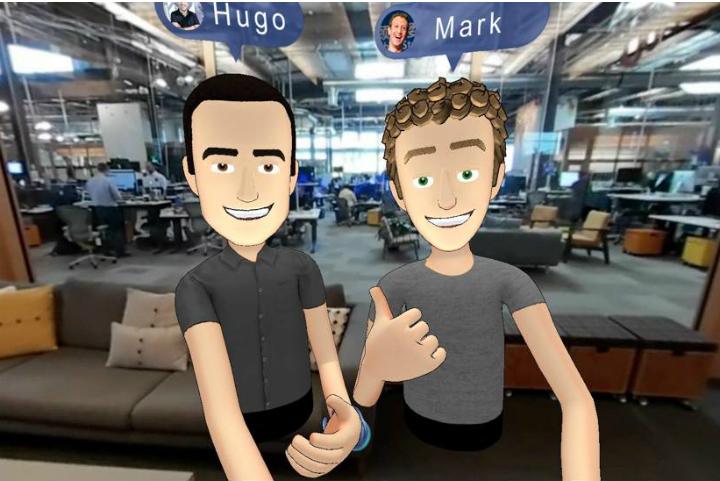
Facebook, which owns VR company Oculus, has major plans for virtual reality. In a post welcoming Hugo Barra to the team, Facebook CEO Mark Zuckerberg calls virtual and augmented reality, “the next major computing platform,” a vision he says is shared by Barra. His new role at the company will be VP of virtual reality, which encompasses heading up the Oculus team, and to commemorate the occasion, the two took a VR selfie together. No start date has been revealed, although Barra says he expects to begin work at
Leaving Xiaomi
The news comes just a few days after Barra wrote about his departure from Xiaomi in a lengthy Facebook post, where he said living in Beijing away from his family, “has taken a huge toll on my life and started affecting my health.” He continued to say, “My friends, what I consider to be my home, and my life are back in Silicon Valley, which is also much closer to my family. Seeing how much I’ve left behind these past few years, it is clear to me that the time has come to return.”
At the time, the only mention regarding his future was that he would take some time off after leaving Xiaomi in February, before, “embarking in a new adventure back in Silicon Valley.”
While we now know Facebook is his new home, Barra made it clear in his original posting that he’s not cutting ties with Xiaomi. Not only will he remain a fan, but CEO Lei Jun has asked him to continue as an advisor for the company. In a reply to Barra’s
Who will take his place at Xiaomi?
Xiaomi has announced Xiang Wang will now lead the company’s global expansion efforts. He joined the company in 2015 from Qualcomm China, and occupies a senior vice president role at Xiaomi. However, while Barra is known for his enthusiastic use of social media to connect with international fans, Xiang Wang doesn’t appear to have a Facebook or Twitter account of his own, and doesn’t regularly use China’s popular Weibo platform.
In his Facebook post, Barra singles out India as one of his biggest achievements at Xiaomi, where with his assistance, it has become the firm’s largest market outside China. However, despite success, Xiaomi says it pushed too hard in its early years, and that to build sustainable growth for the future, it needs to slow things down. This doesn’t mean it’ll end its global efforts — Bin Lin says it has “ambitious expansion plans” for 2017 — but along with Barra’s departure and Xiang Wang’s appointment, we may see strategic adjustments to fit in with these changes.
Editors' Recommendations
- Making sense of Xiaomi’s confusing new Redmi Note 11 range
- Xiaomi joins the affordable 5G phone battle with the new Redmi Note 10 5G
- Xiaomi boasts about Mi 10 Pro having Google apps, baiting rival Huawei
- 3 to beam up: Xiaomi, Oppo, and Vivo collaborate on new file transfer feature




